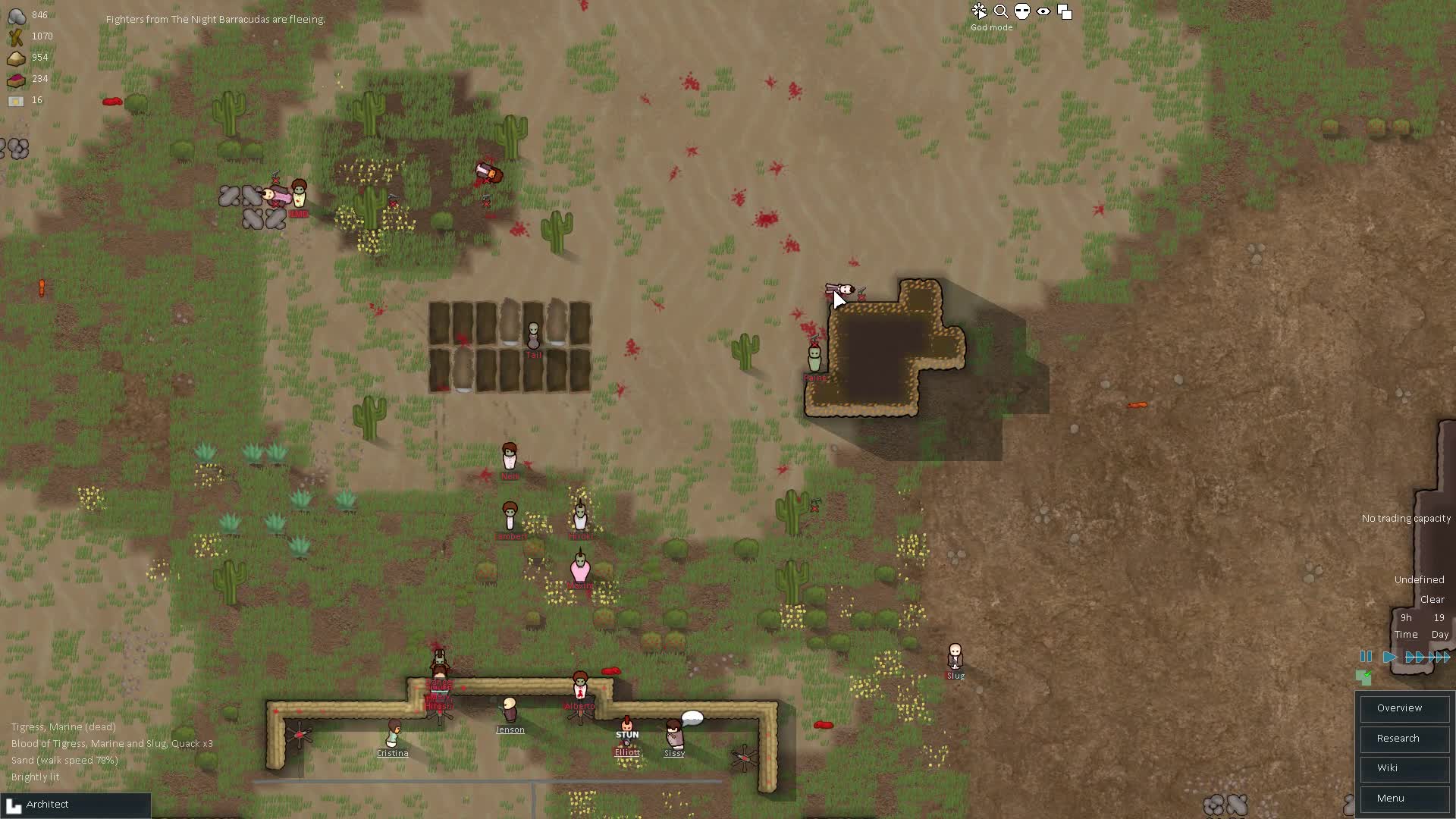
Computer programs have achieved significantly higher ratings in chess (3100 Elo versus around 2900 Elo, which means the best program would beat the best person roughly 76% of the time in a head-to-head match). Computers have memorized more digits of pi than people (13 trillion compared to the human record of 70 thousand) and multiplied 8-digit numbers faster (858 trillion in the same time the best human being can do 10). The same holds true in the mental domain. We can achieve much more with an expansive design space than with one that is more limited. But, with unrestricted use of machines, people have traveled to the very bottom of the sea-around 5.9 miles. With the help of tools like fins, weights, and inflatable bags, the depth can be more than doubled to 702 feet. The deepest a person has even swum is 331 feet down. If you hold the goal constant but repeatedly broaden the space of competitors, performance improves. There's nothing for us to be ashamed of here. Indeed, we have already lost these battles. Computers that do nothing but direct network traffic are going to be better at connecting phone calls than human operators. Similarly, robot arms that are fast and predictable but lack the sensitivity to change a diaper or give a friendly pat on the back are going to be better at building cars than people on an assembly line. Specialization makes things more effective at one task but less effective at others. A hoe is better still at digging up roots, but it's not good at cutting wood compared to a handaxe. A handaxe can dig up roots better than the human hand, but it is useless for holding a spear the way a hand can. There are plenty of examples of this phenomenon throughout history. Thus, whenever the goal of solving a desirable subproblem can be clearly and precisely specified, special purpose hardware or programming will outpace more general human intellect. Getting rid of overhead and task-irrelevant capabilities makes a machine more effective, and we humans are good at just too many things to be the best at any one of them.

When two otherwise equal devices compete to solve a problem, the winner will be the one that is more streamlined. The fact is-and this may sound gloomy-machines will likely replace us in any well-defined task. The achievement is a milestone in artificial intelligence and has led to intense debate about the long-term implications to society.

Earlier this week, the AlphaGo program from Google DeepMind defeated one of the world's top players in the board game called Go, 4 games to 1.


 0 kommentar(er)
0 kommentar(er)
